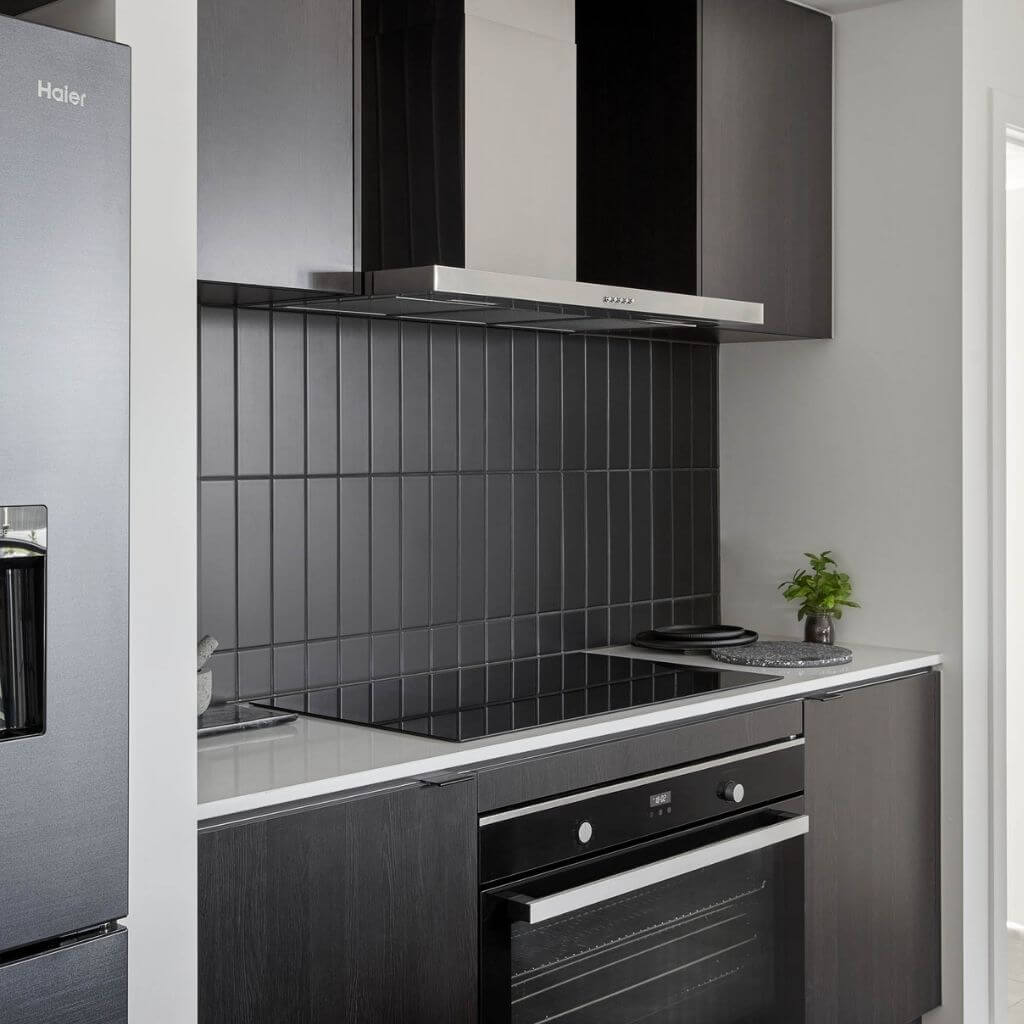The Changing Perceptions of Natural Gas


It’s a phrase that was coined almost a century ago for an advertising campaign and is still in use today: ‘Now you’re cooking with gas!’ The phrase entered our everyday speech to mean you’re performing at your absolute peak and while sayings like this have meant natural gas has always been tied to optimal performance, that is beginning to change.
Natural gas helped build and power our modern world, but perceptions have shifted dramatically in recent years to the point where the State Government has released a roadmap to phase out natural gas from Victorian homes. Thirteen Victorian councils want to stop gas cooktops and heating in new developments, and a bill has been introduced to Victorian parliament which would ban all new gas connections from 2025. While there are no confirmed outcomes at this stage, the signs seem clear: gas is not as desirable as it once was. So what’s caused this change in perception and how will a potential ban affect the housing industry, what does it mean for Victoria, Australia’s largest consumer of natural gas, and how is Arden addressing this challenge?
One of the key reasons for gas’s decline in popularity is the negative health impacts it can have, particularly in children. A Climate Council report published last year, outlines that cooking with gas is estimated to be responsible for up to 12% of the burden of childhood asthma in Australia. The impact of gas on kids has been likened to the impact of second-hand smoking. Better ventilation does help reduce these risks, but will not eliminate them entirely.
There are also health risks associated with the extraction of natural gas. Extraction and processing involves many hazardous substances including those that cause cancer, interfere with hormones and contaminate the local environment via airborne pollution and wastewater.
Apart from the health risks, there are some environmental risks as well. While it sometimes escapes the scrutiny of coal or oil (perhaps because of the inclusion of ‘natural’ in its name), natural gas is a fossil fuel, made up almost entirely of methane. It does burn cleaner than coal, however, its impact on the environment is sometimes underestimated especially once methane leaks during extraction, and once transport is factored in.
Over a 20-year period, methane has 80 times more warming power than carbon dioxide so its effect on our environment – and our health – can be devastating.
All of these shortcomings have been made worse by the spike in gas prices this year and increased need to find alternative solutions to natural gas as quickly as possible.
So what is the way forward?
Put simply, the future of power is electric – which can be run on clean energy alternatives like wind and solar.
All-electric homes are the future of building in Victoria and, while legislation isn’t quite at the point of mandating all-electric, industry leaders are already taking steps to future-proof homes of their clients. Developers like Villawood Properties, for instance, are now mandating all-electric homes in some of their new developments.
We are proud to be the first volume builder in Victoria to make a substantial commitment to affordable sustainability and have played a leading role in progressing the transition to all-electric homes. Earlier this year we launched Arden Electrified, which sees every Arden home all-electric and 100% carbon neutral. Our homes are completely gas-free and produce the same amount of renewable energy that they use.
How have we been able to transition to all-electric homes while still providing great value for our customers? All Arden homes feature reverse-cycle heating and cooling, induction cooktop and electric oven and a hot water heat pump. This is all boosted by energy saving solar panels, enhanced by double glazing and an energy efficient thermal shell – all included in every home. We believe our homes should elevate how our clients live, while lowering energy bills and minimising environmental impact.
With gas on the way out, we’re proud to be Victoria’s first volume builder to promise 100% electric, 100% carbon neutral homes.
Sources:
https://www.climatecouncil.org.au/resources/gas-habit-how-gas-harming-health/